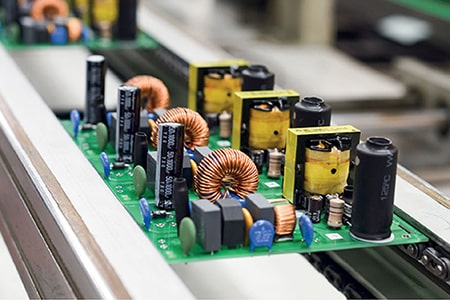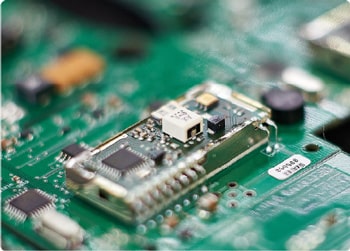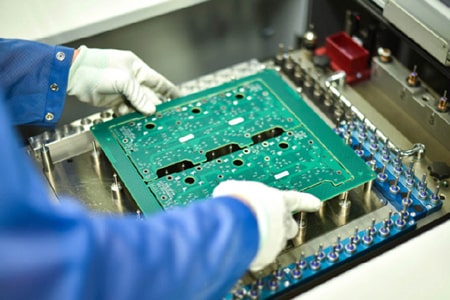Classification of PCB metal substrates
PCB (metal substrate) is usually used in electronic devices that require good heat dissipation performance. The following are the main classifications of PCB metal substrates and their advantages and disadvantages:
Aluminum substrate (Aluminum PCB)
Advantages
Excellent heat dissipation performance: Aluminum has good thermal conductivity, which helps to dissipate heat quickly.
Lightweight: Aluminum is lighter than copper, which reduces the weight of the entire circuit board.
Relatively low cost: The price of aluminum is relatively low, suitable for mass production.
High mechanical strength: Aluminum has good mechanical strength and can withstand large mechanical stress.

Disadvantages
Poor electrical conductivity: Compared with copper, aluminum has poor electrical conductivity.
Difficult welding: The welding process of aluminum is relatively complicated and prone to welding problems.
Copper substrate (Copper PCB)
Advantages
Excellent electrical conductivity: Copper's electrical conductivity is much better than aluminum, suitable for high current circuits.
Excellent heat dissipation: Copper has good thermal conductivity and is suitable for high power devices.
Strong durability: Copper has good corrosion resistance and mechanical strength.
Disadvantages
Heavy weight: Copper has a high density, which increases the overall weight of the circuit board.
High cost: The price of copper is high, which increases the manufacturing cost.
Iron PCB
Advantages
High mechanical strength: Iron has high mechanical strength and wear resistance.
Low cost: Iron is relatively cheap and suitable for some low-cost applications.
Disadvantages
Poor conductivity: The conductivity of iron is much worse than that of copper and aluminum.
Easy to rust: Iron is easy to oxidize and rust, and anti-rust treatment is required.
General heat dissipation performance: The thermal conductivity of iron is not as good as that of aluminum and copper, and it is not suitable for applications with high heat dissipation requirements.
Titanium PCB
Advantages
High strength: Titanium has extremely high strength and corrosion resistance.
Biocompatibility: Suitable for medical equipment and bioengineering applications.
Excellent heat dissipation performance: Titanium has good thermal conductivity and is suitable for certain specific high heat dissipation requirements.
Disadvantages
Extremely high cost: Titanium is expensive, which increases the manufacturing cost.
Difficult processing: Titanium is difficult to process and the manufacturing process is complicated.
Ceramic PCB
Advantages
Excellent high temperature resistance: Ceramic materials can withstand high temperatures and are suitable for high temperature environments.
Excellent electrical properties: Ceramics have good insulation properties and low dielectric loss.
Excellent heat dissipation performance: Ceramics have good thermal conductivity and are suitable for high power applications.
Disadvantages
High brittleness: Ceramic materials are brittle and easy to break.
High cost: The manufacturing cost of ceramic substrates is high.
The choice of which metal substrate depends on the specific application requirements, such as thermal conductivity, electrical conductivity, mechanical strength, cost and other factors. Different metal substrates have their own advantages and disadvantages, and the best choice needs to be made according to the specific project requirements.







